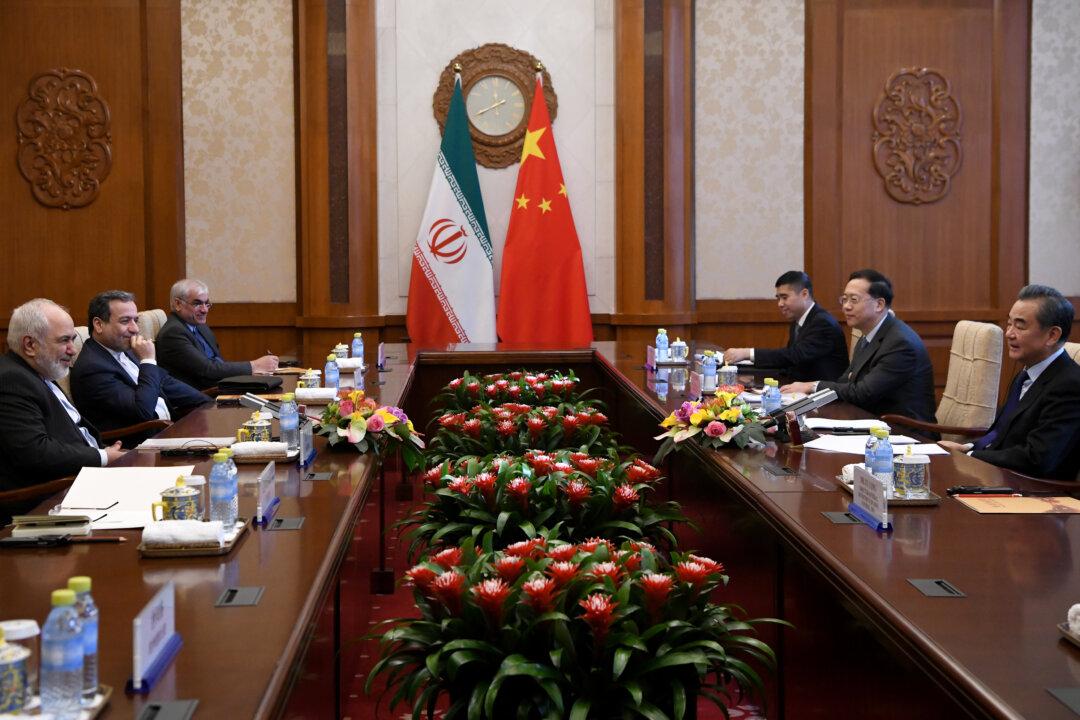In a concerted effort to curb Iranian sway in the Middle East, the Pentagon underscores that the Chinese Communist Party (CCP) constitutes the principal strategic adversary of the United States. High-ranking U.S. military officials have pointed out that the region is becoming a competitive arena involving major powers such as the United States, China, and Russia.
On Feb. 2, the United States conducted operations targeting 85 facilities across Iraq and Syria associated with the Iranian military and allied militant groups. The strikes, aimed at command and intelligence centers, as well as depots for rockets, missiles, drones, and ammunition, represented a countermeasure to the recent deaths of three American soldiers in Jordan, attributed to militant actions.





